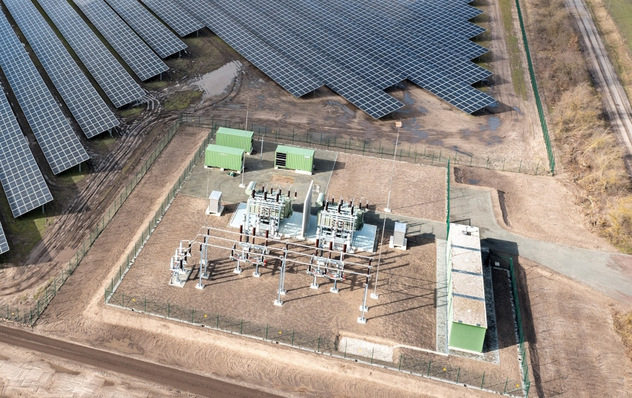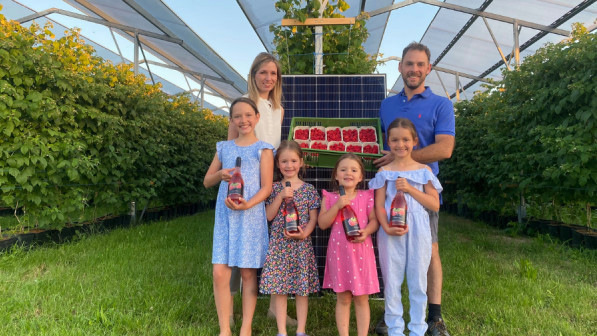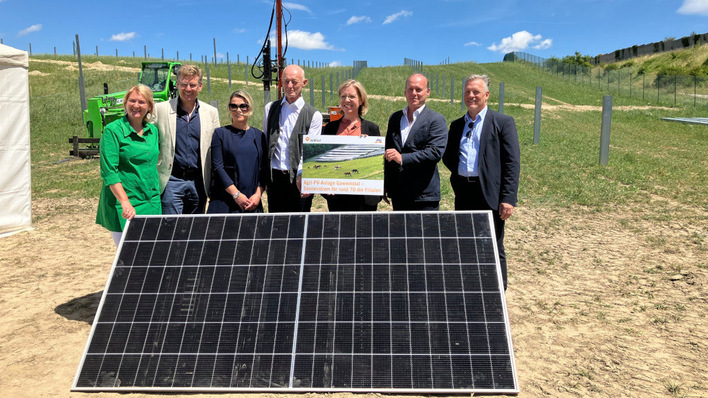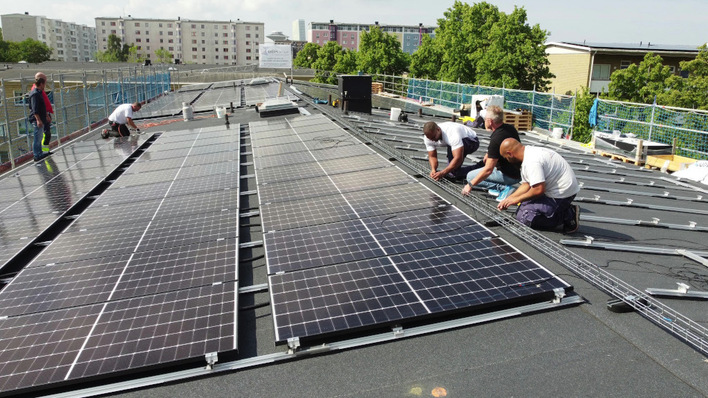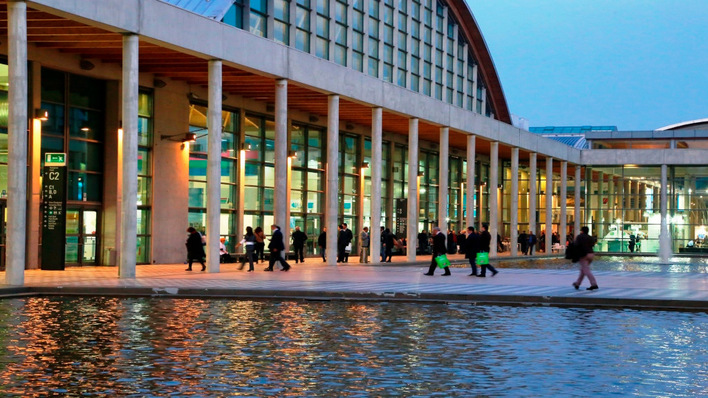The energy company RWE secured two projects in Italy’s agri-PV subsidy tender. The plants are supported through a contract for difference: once operational, electricity is sold on the power exchange at market price. The state compensates RWE for any shortfall between the auctioned reference price, which is the level required for economic operation, and the actual market price. If market prices rise above the reference, RWE must return the surplus. Moreover, the company receives an investment subsidy of up to 40 per cent.
PV from field and barn: Our special for the dual harvest on farms
Start-up scheduled for the end of 2025
The energy company RWE secured two projects in Italy’s agri-PV subsidy tender. The plants are supported through a contract for difference: once operational, electricity is sold on the power exchange at market price. To ensure economic viability, the state compensates RWE for any shortfall between the market price and the auctioned reference price, which is the level needed for profitable operation. If market prices exceed this reference, RWE is required to return the surplus. In addition to this mechanism, the company also receives an investment subsidy of up to 40 per cent.
Modules are elevated on high trackers
The two systems are being built as tracker installations, with solar modules mounted on structures that rotate around an axis at a height of three metres. This setup not only meets the requirements for continued agricultural use of the land but also boosts energy yields, as the tracking modules maintain a more optimal alignment with the sun compared to fixed systems. Crops will be cultivated beneath the panels in a fully integrated energy-agriculture system, improving land efficiency while maintaining farm output. In addition, the solar modules offer protection for the crops against hail, frost, drought and heavy rain.
Agri-PV: How to succeed on the path to regenerative and sustainable agriculture
Improving technology
Once the plant is up and running, RWE will assess how shading affects both crop growth and the energy yields of the solar modules. The data gathered through this monitoring will feed into the company’s further development of agri-PV technologies. “The start of construction marks the realisation of our world-first agri-PV projects on a commercial scale, with more to come,” says Katja Wünschel, CEO RWE Renewables Europe & Australia. “Sunny Italy is also a perfect market for this technology. Advanced agri-PV helps us to use the scarce resource of land responsibly and efficiently, generating two different yields (agriculture and renewable energy) from the same land. Win-win at its best.” (su)



